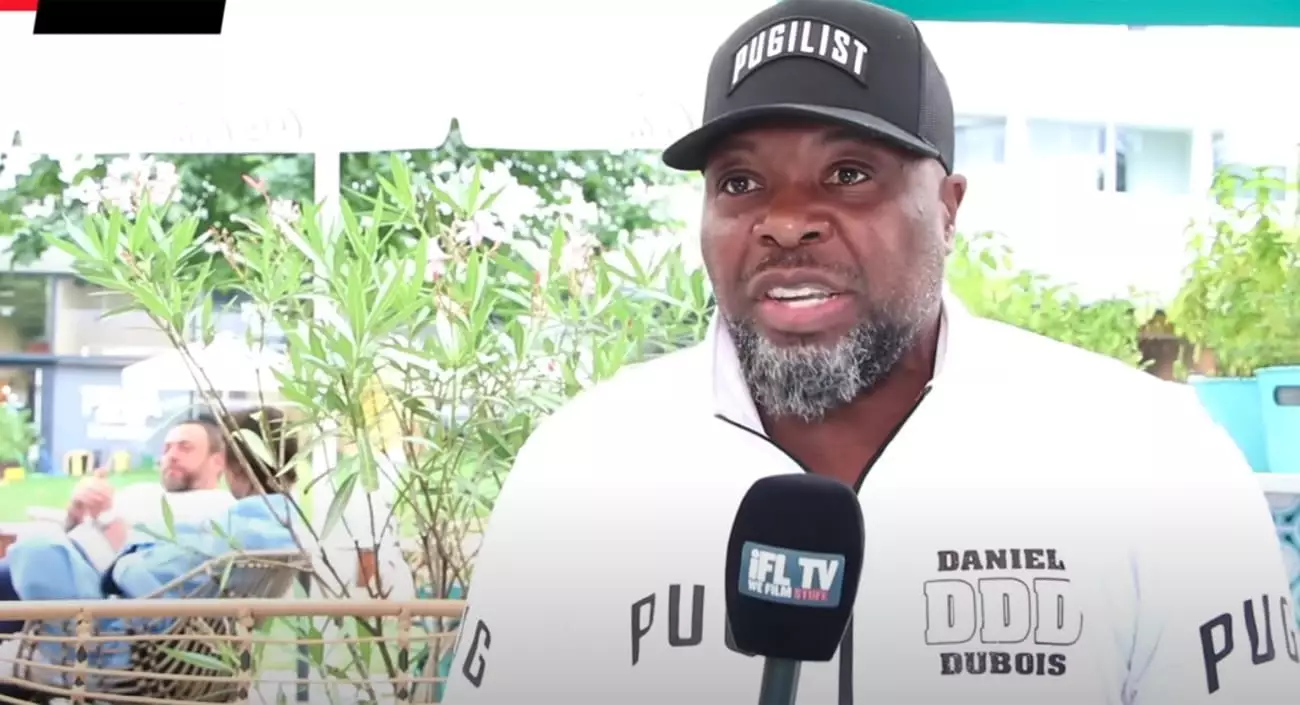Daniel Dubois’s recent defeat by Oleksandr Usyk marked a significant crossroads in his boxing journey. While a knockout loss can be a brutal setback, it also serves as an opportunity for growth and reinvention. Dubois, at just 27 years old, possesses the raw talent and physical attributes to rebound and emerge stronger. His career has already been punctuated by notable victories over top contenders such as Jarell Miller, Filip Hrgovic, and a respected win over Anthony Joshua. These accomplishments showcase his potential to reach the upper echelons of heavyweight boxing. Yet, it’s clear that his recent experiences have prompted a reevaluation of his team and strategies. The decision to part ways with trainer Don Charles indicates a desire for change, a necessary move in the often unforgiving sport of boxing that demands continuous adaptation.
Strategic Shakeup: The Implication of Changing Trainers
The departure from Charles, coupled with the interim exit of assistant coach Kieran Farrell, signals a tumultuous phase for Dubois. While the official reasons remain unconfirmed, the timing—immediately following a heavy defeat—suggests a push for fresh perspectives and new methodologies. Rumors circulating about Tony Sims stepping into the trainer role are promising. Sims, with his pedigree and experience working with top fighters, could bring a new tactical approach that enhances Dubois’s skill set. The importance of a trainer in boxing extends beyond just game planning; it shapes the mental resilience and confidence of a fighter. A strategic partnership with Sims might help Dubois address vulnerabilities exposed in the Usyk rematch and refine his fighting style for future challenges.
Resilience Amidst Controversy and Chaos
What makes Dubois’s situation particularly compelling is the chaos surrounding his preparatory environment leading up to the Usyk fight. Reports of a party attended shortly before the bout throw into question the discipline and focus of his camp. Such distractions are detrimental in a sport where mental clarity and physical readiness are paramount. Dubois’s late arrival to Wembley, coinciding with the chaos, perhaps symbolized a broader internal struggle to maintain professionalism amidst adversity. However, this turbulent episode might serve as a catalyst for a more disciplined, centered approach moving forward. Transitioning trainers, especially someone like Sims, who’s known for his tactical sharpness, could help Dubois regain his focus and work ethic, ensuring he doesn’t repeat past mistakes.
A Bright Future for a Fighter with Unyielding Spirit
Despite setbacks, Dubois’s youth and previous accomplishments are testament to his resilience. Many fighters face adversity and come back stronger, and Dubois’s story is no different. The potential shift to Tony Sims as his trainer signifies a willingness to adapt and evolve. Such a change could prove crucial in unlocking Dubois’s true potential—transforming him from a promising contender into a dominant heavyweight. It’s not just about fixing technical flaws; it’s about reigniting the fighting spirit and confidence that first made him an exciting prospect. If he commits to his new team and refocuses his efforts, there’s no reason why Dubois cannot re-emerge as a serious threat in the heavyweight division, embodying resilience and determination at their finest.

